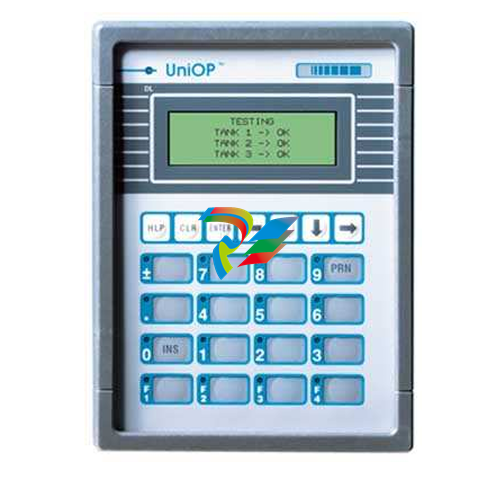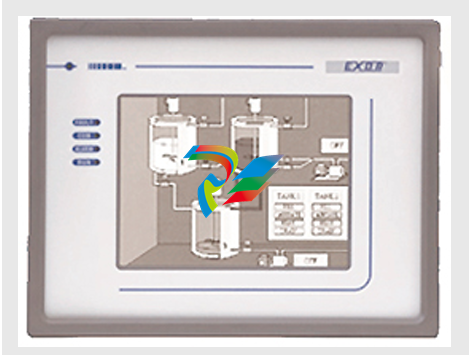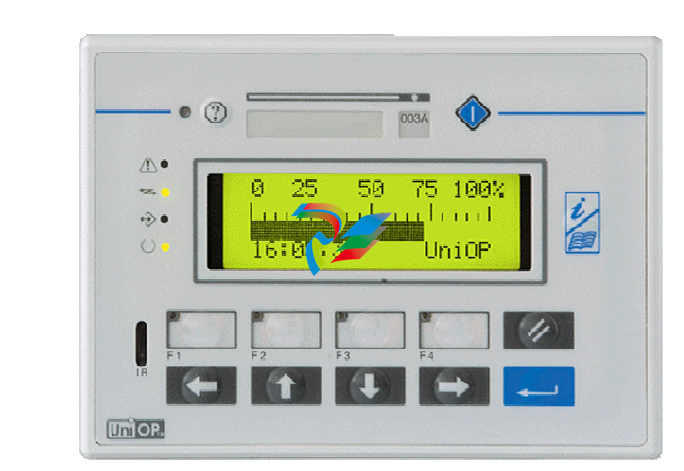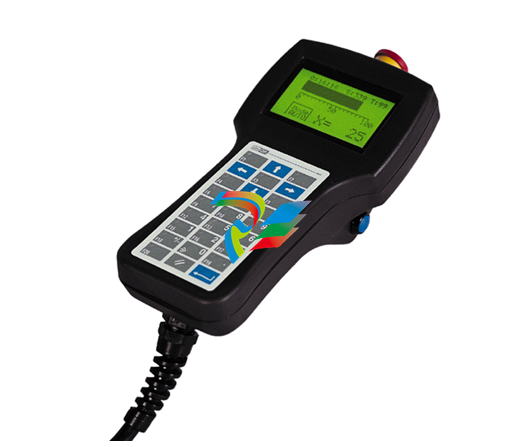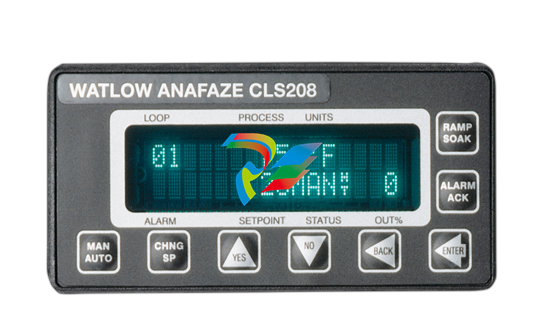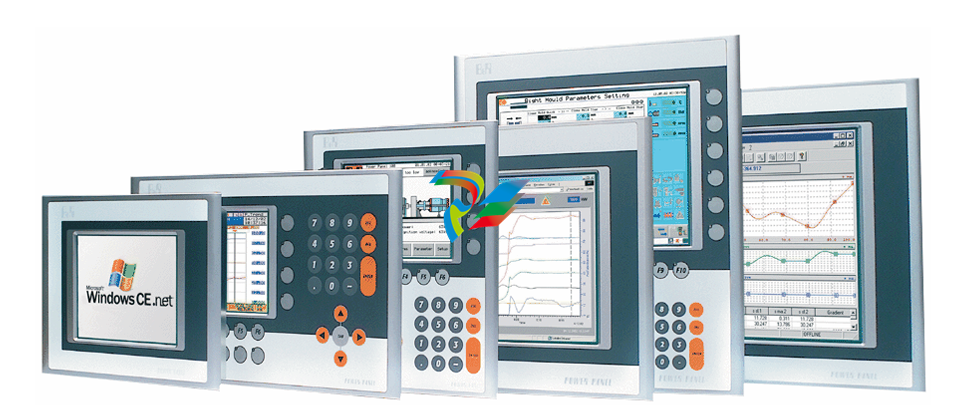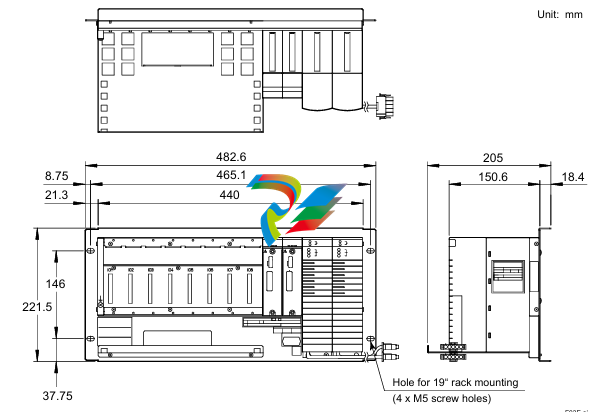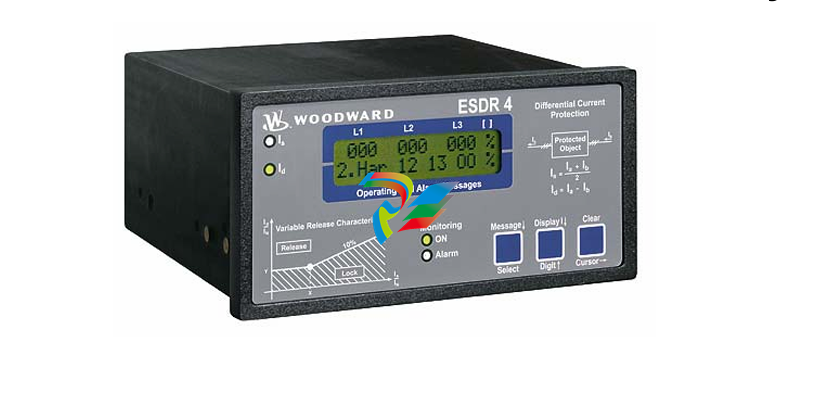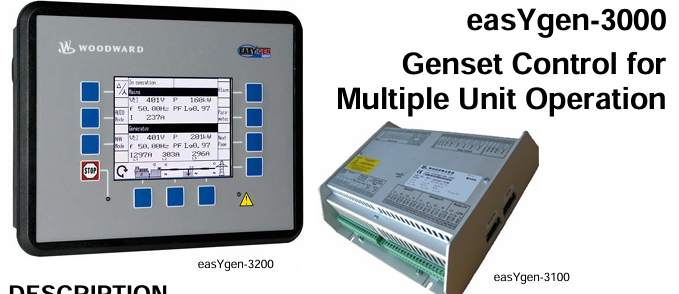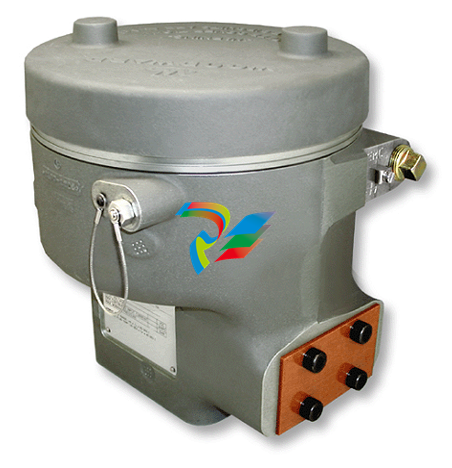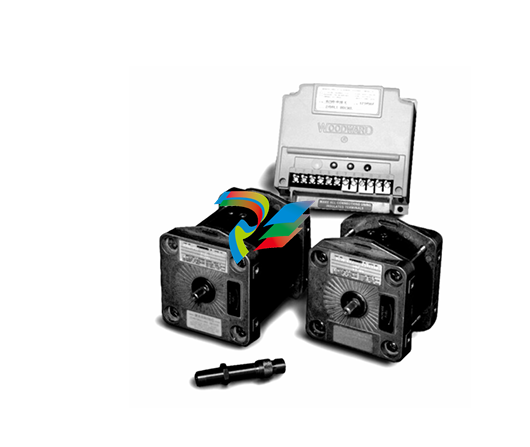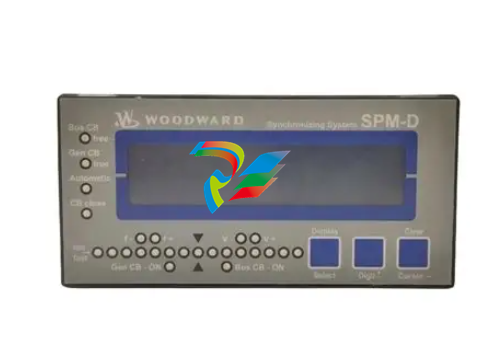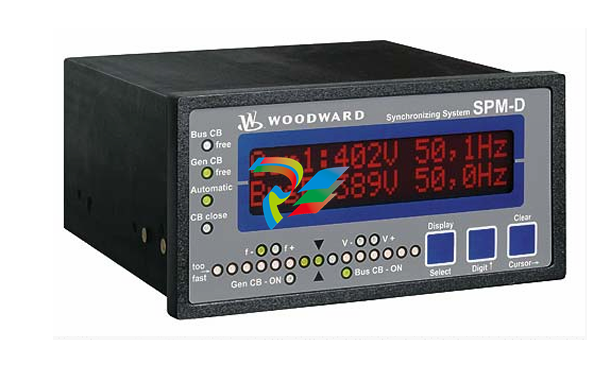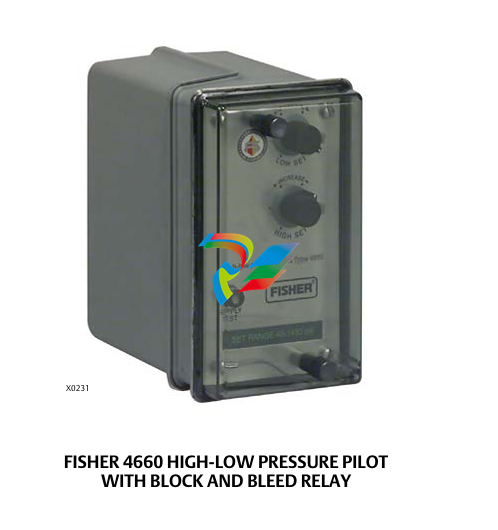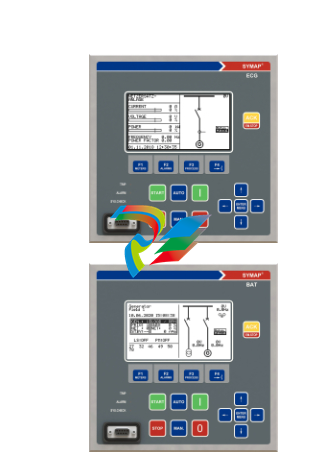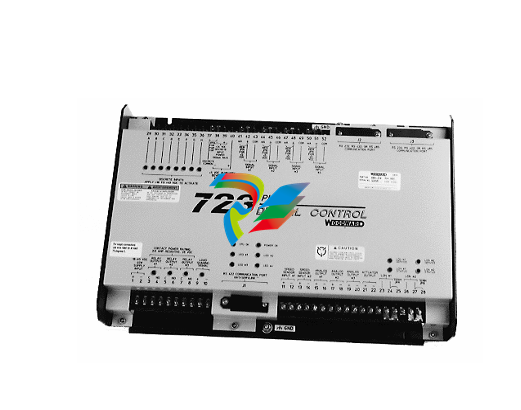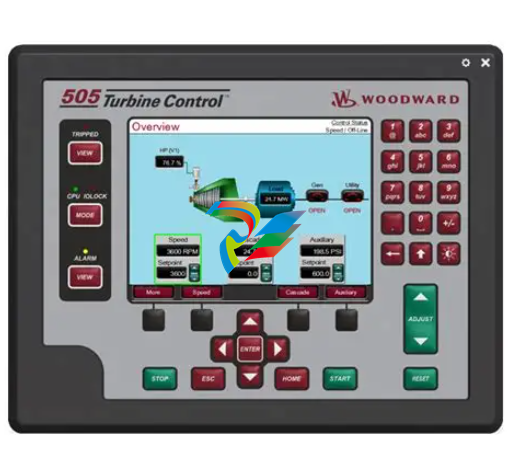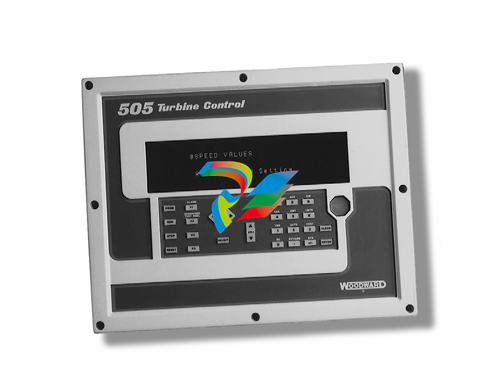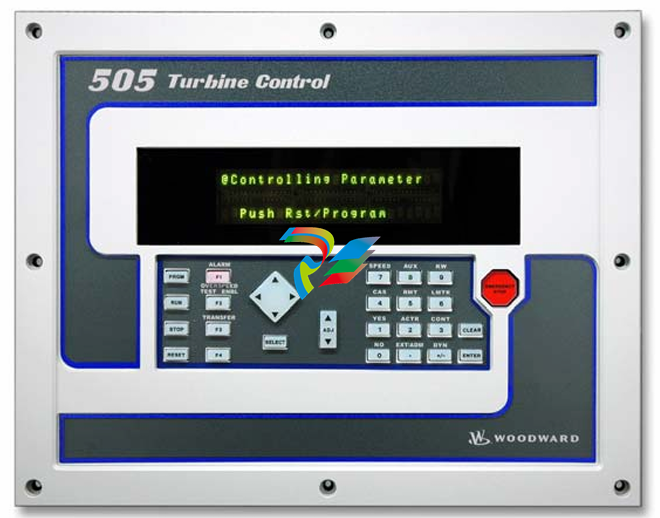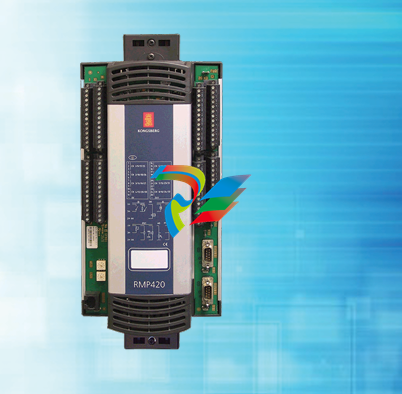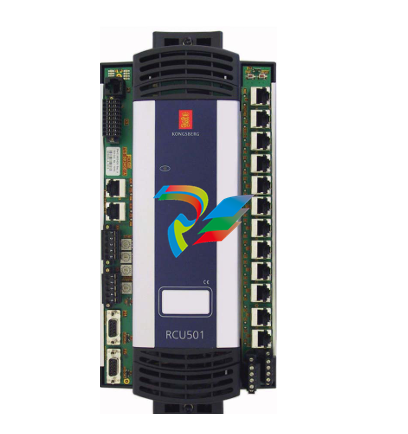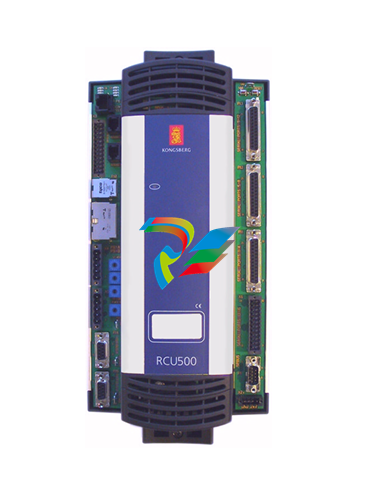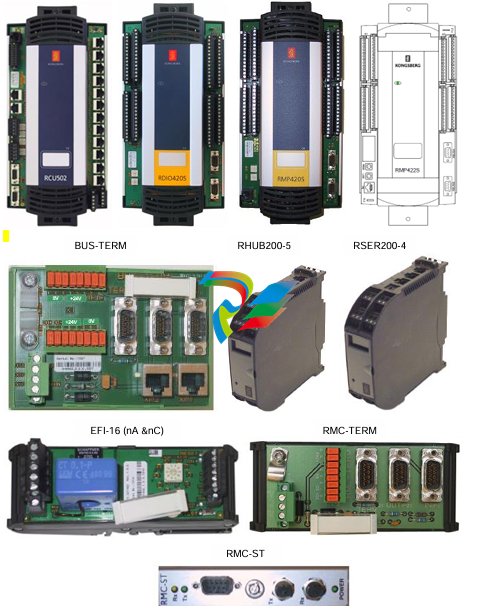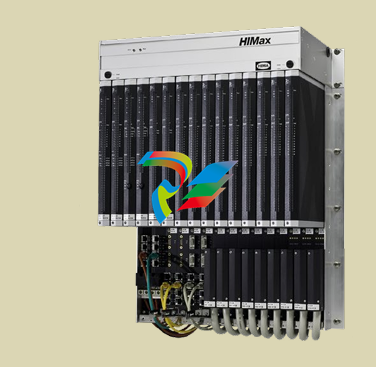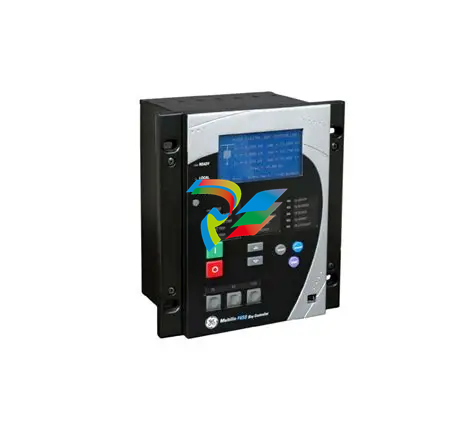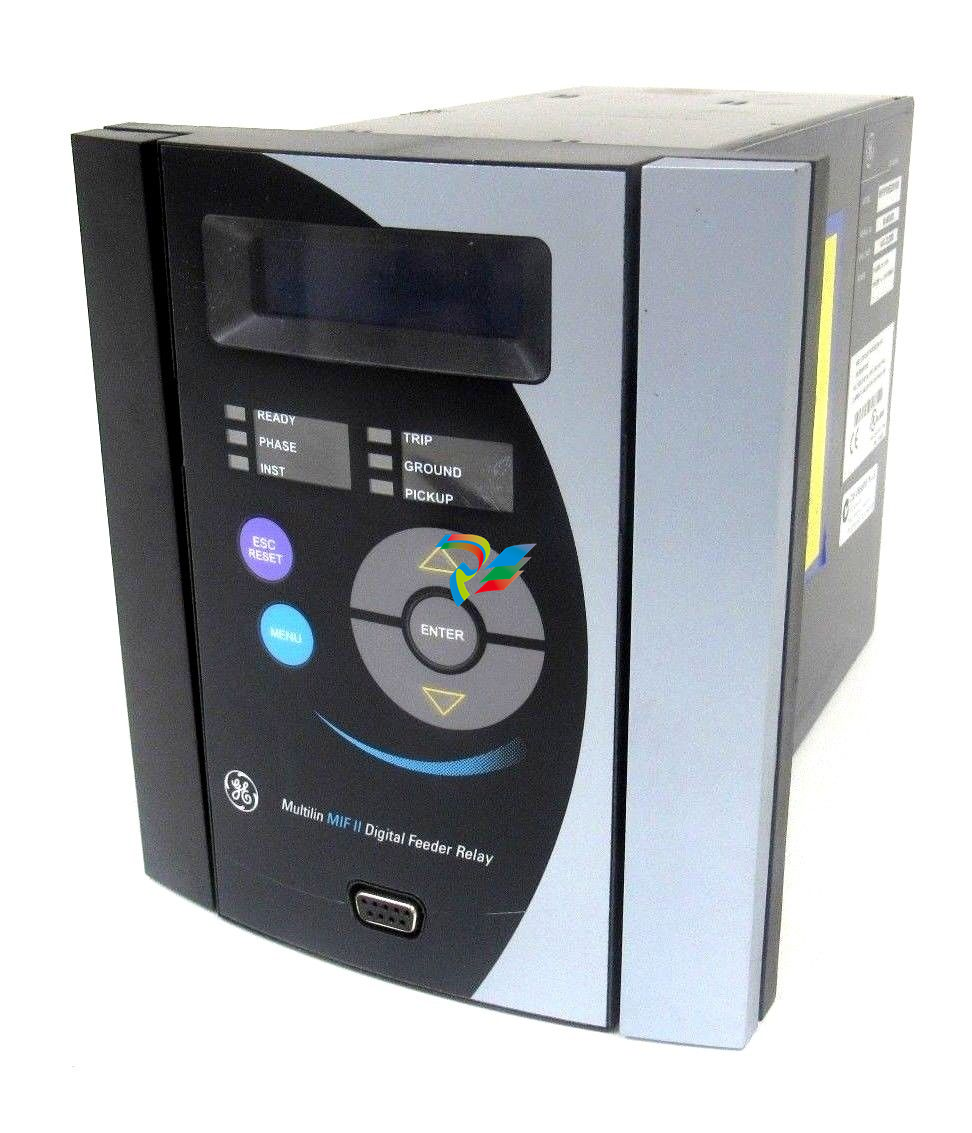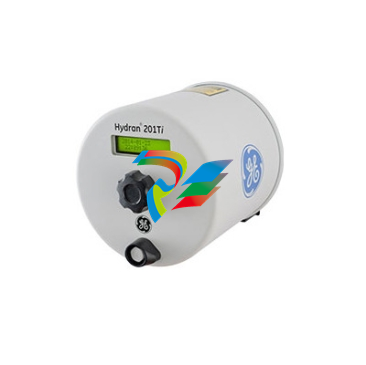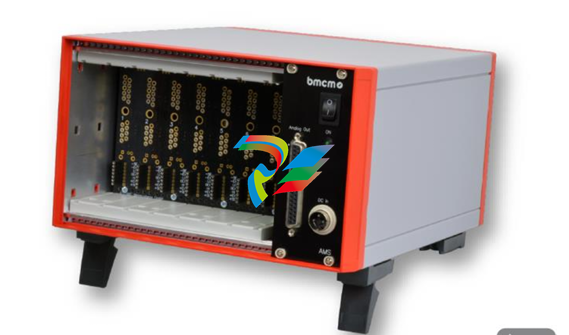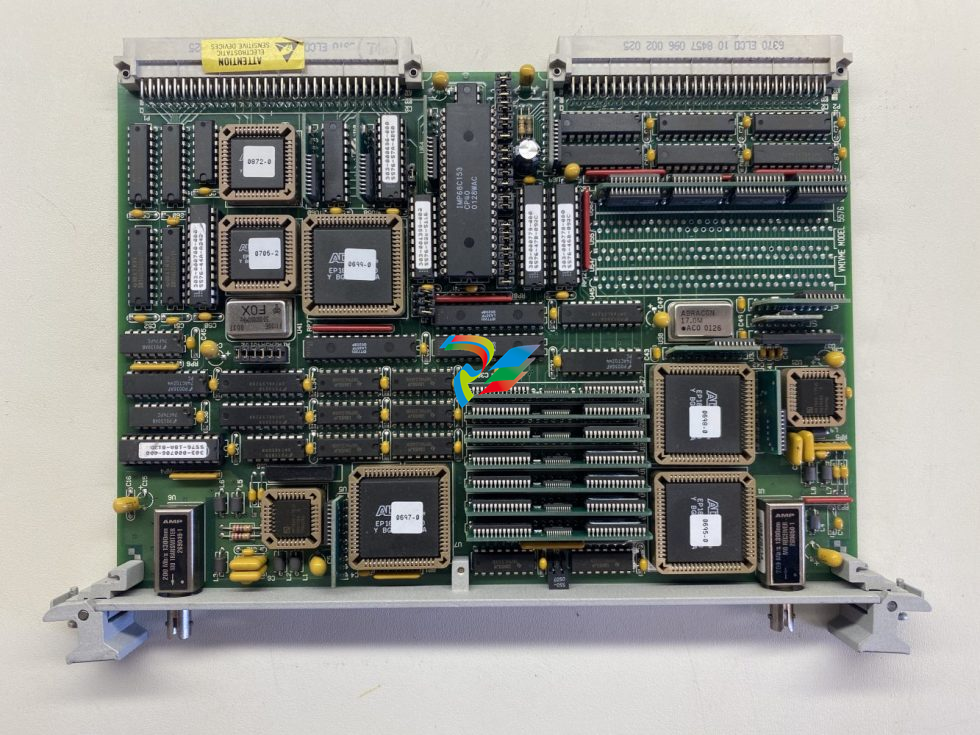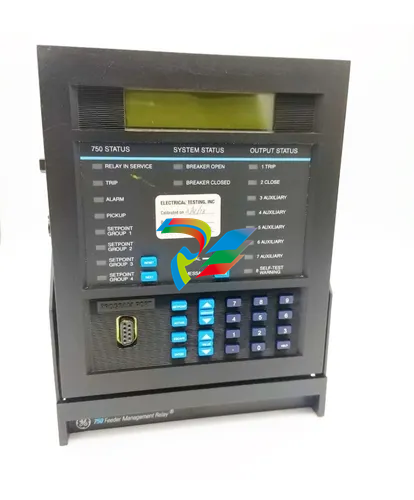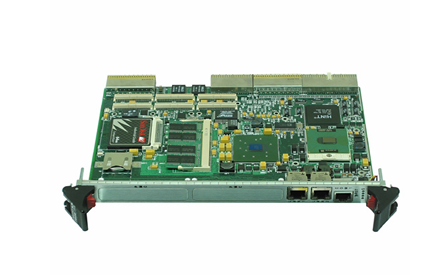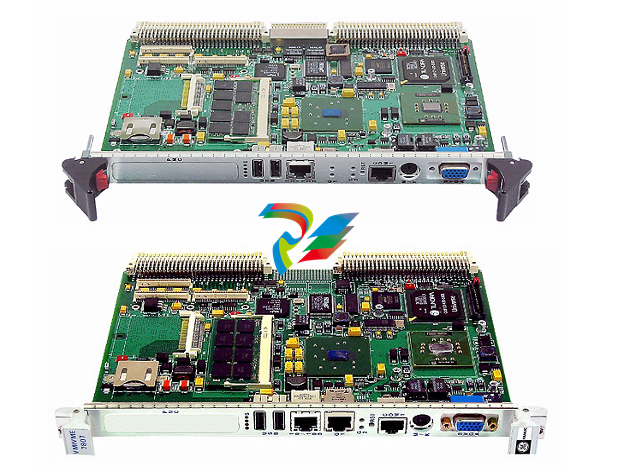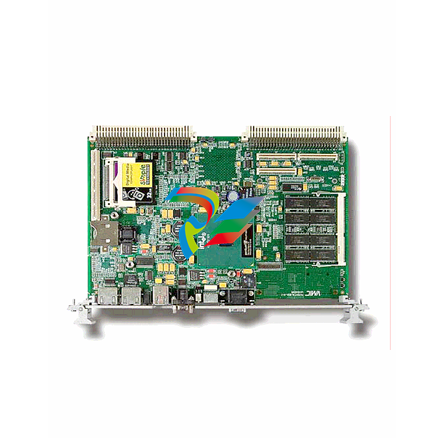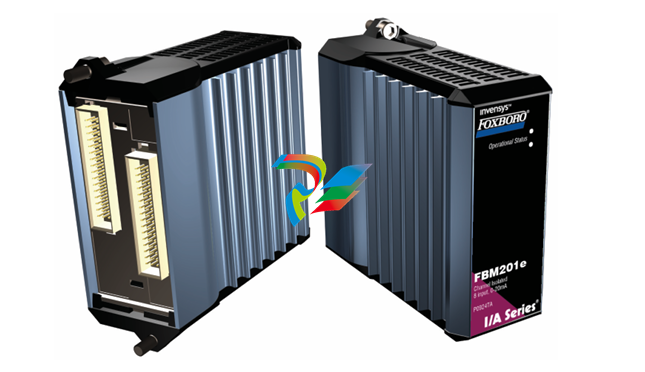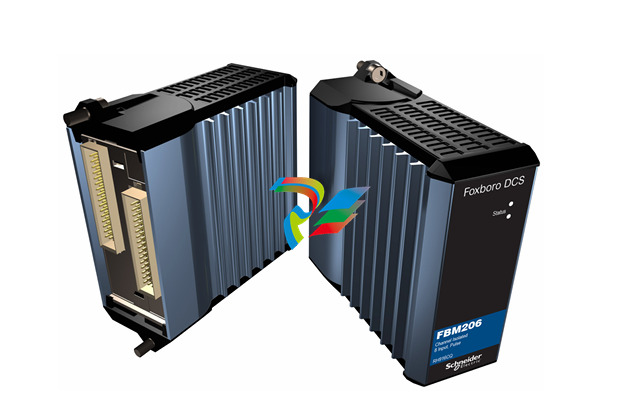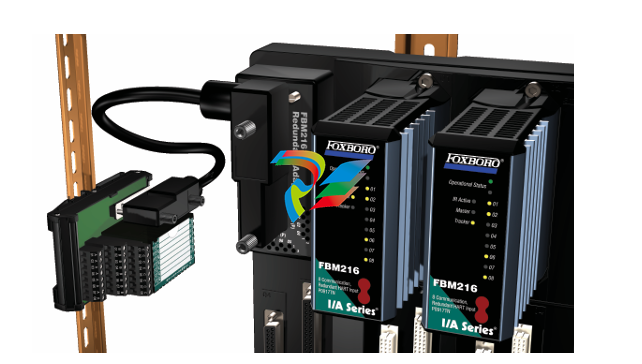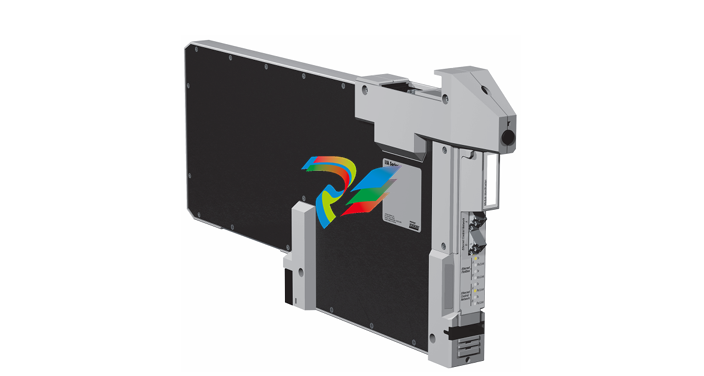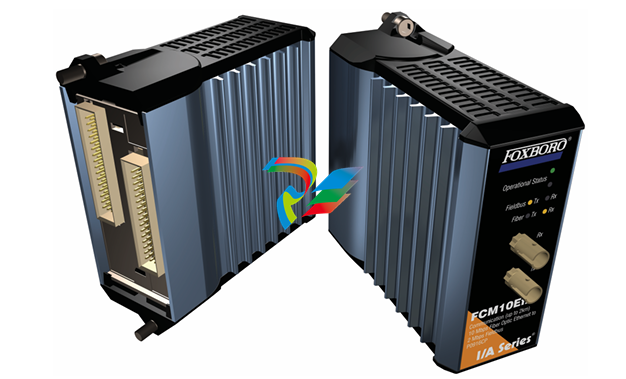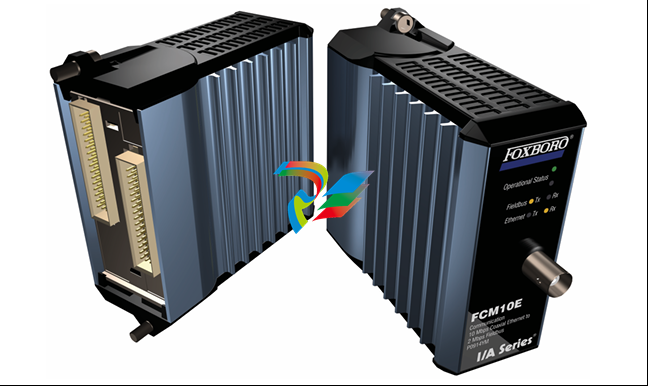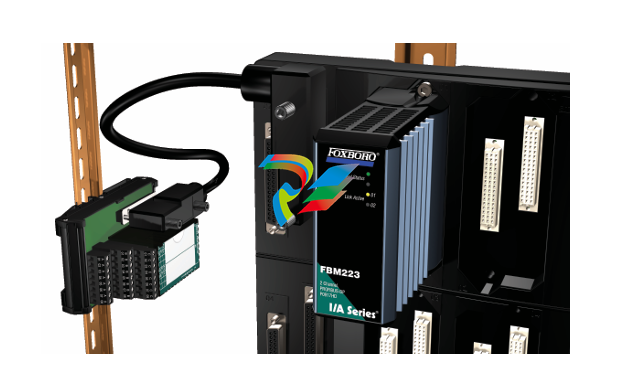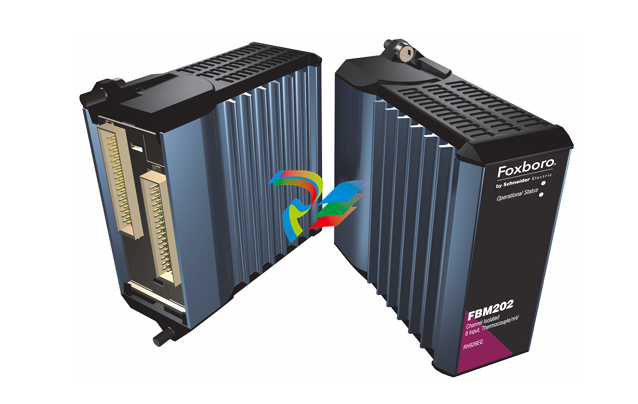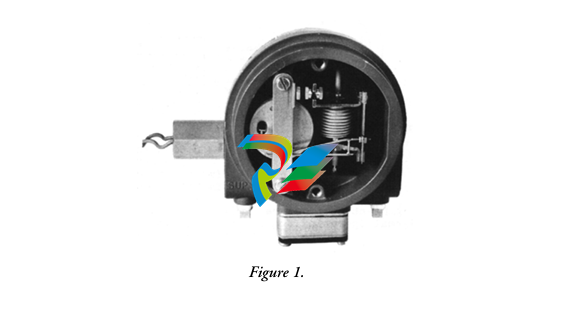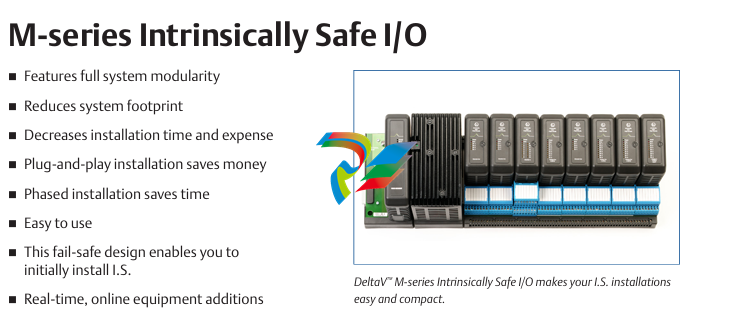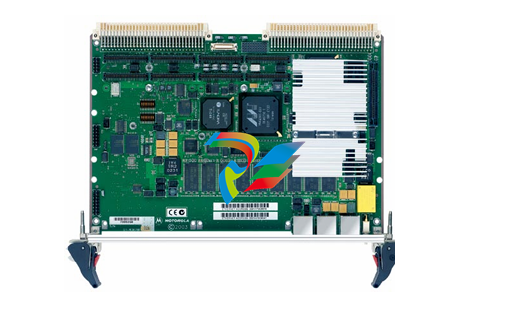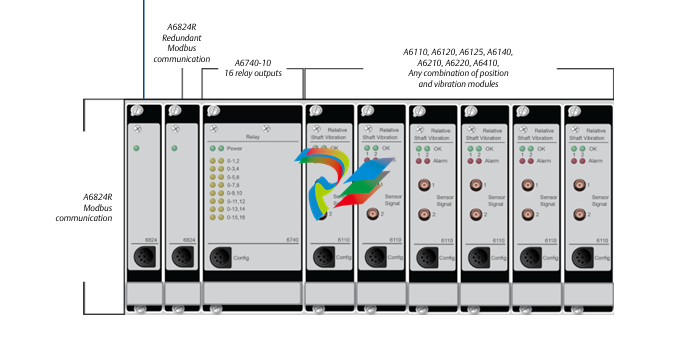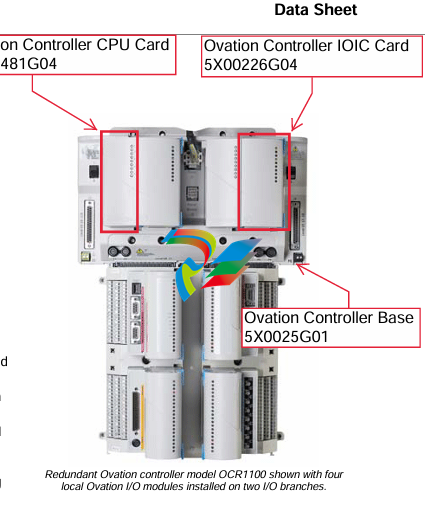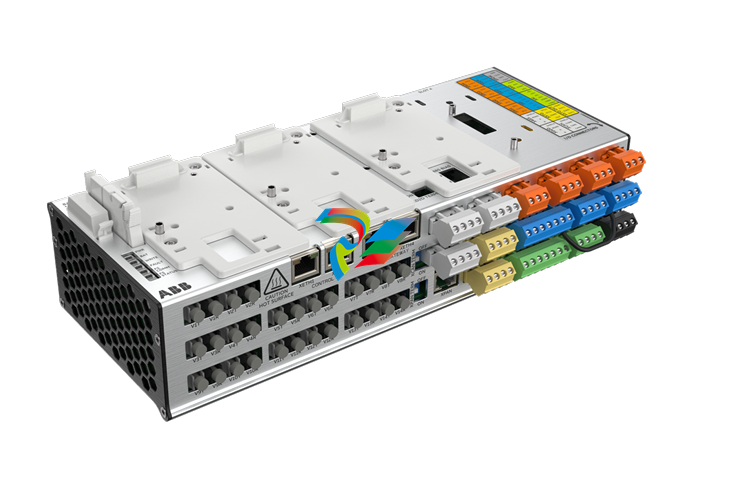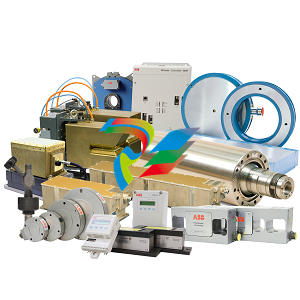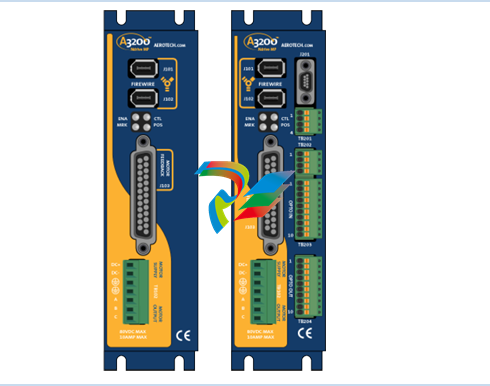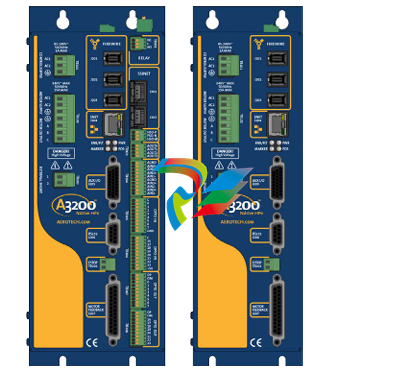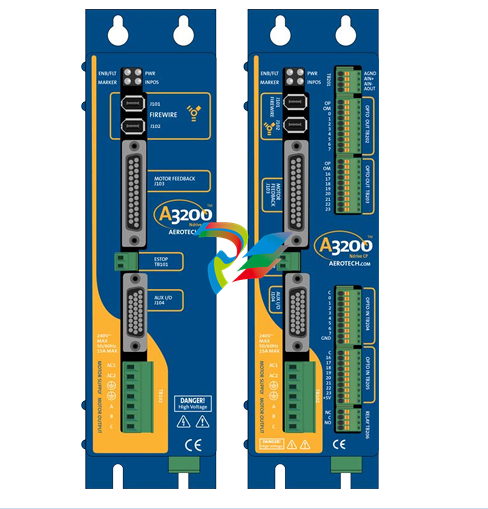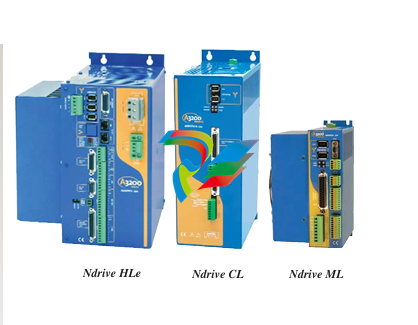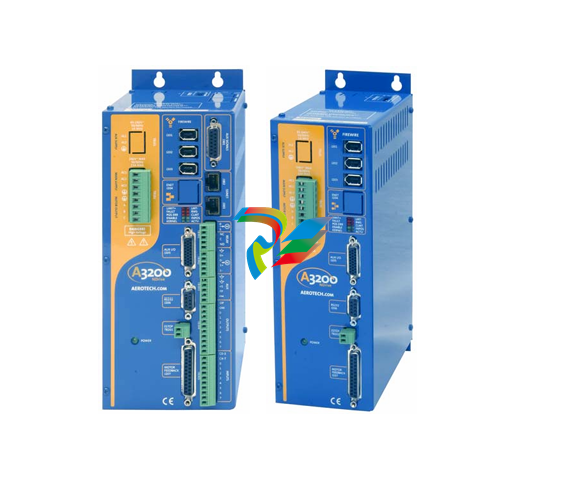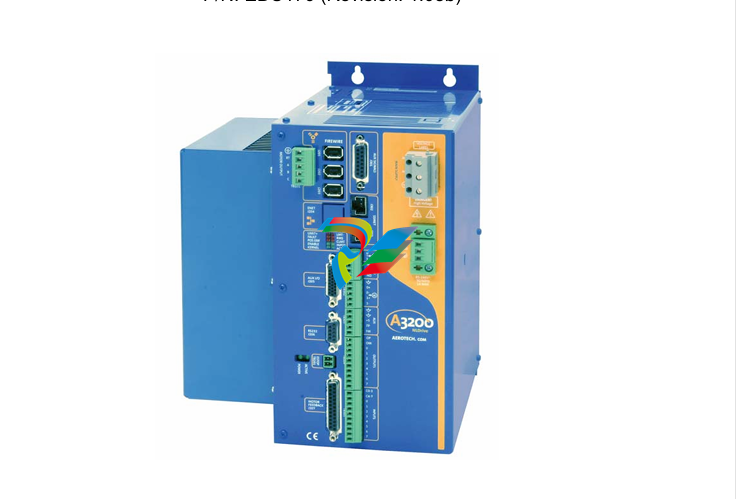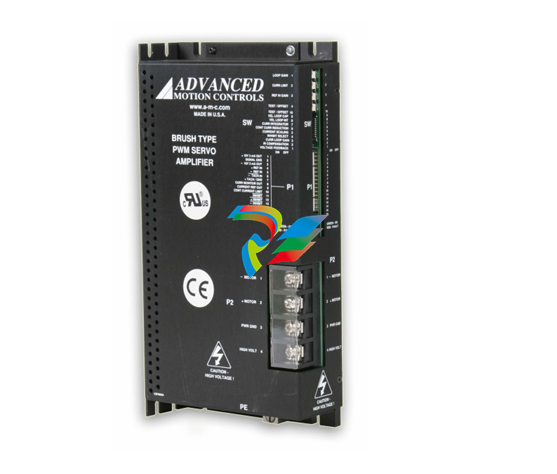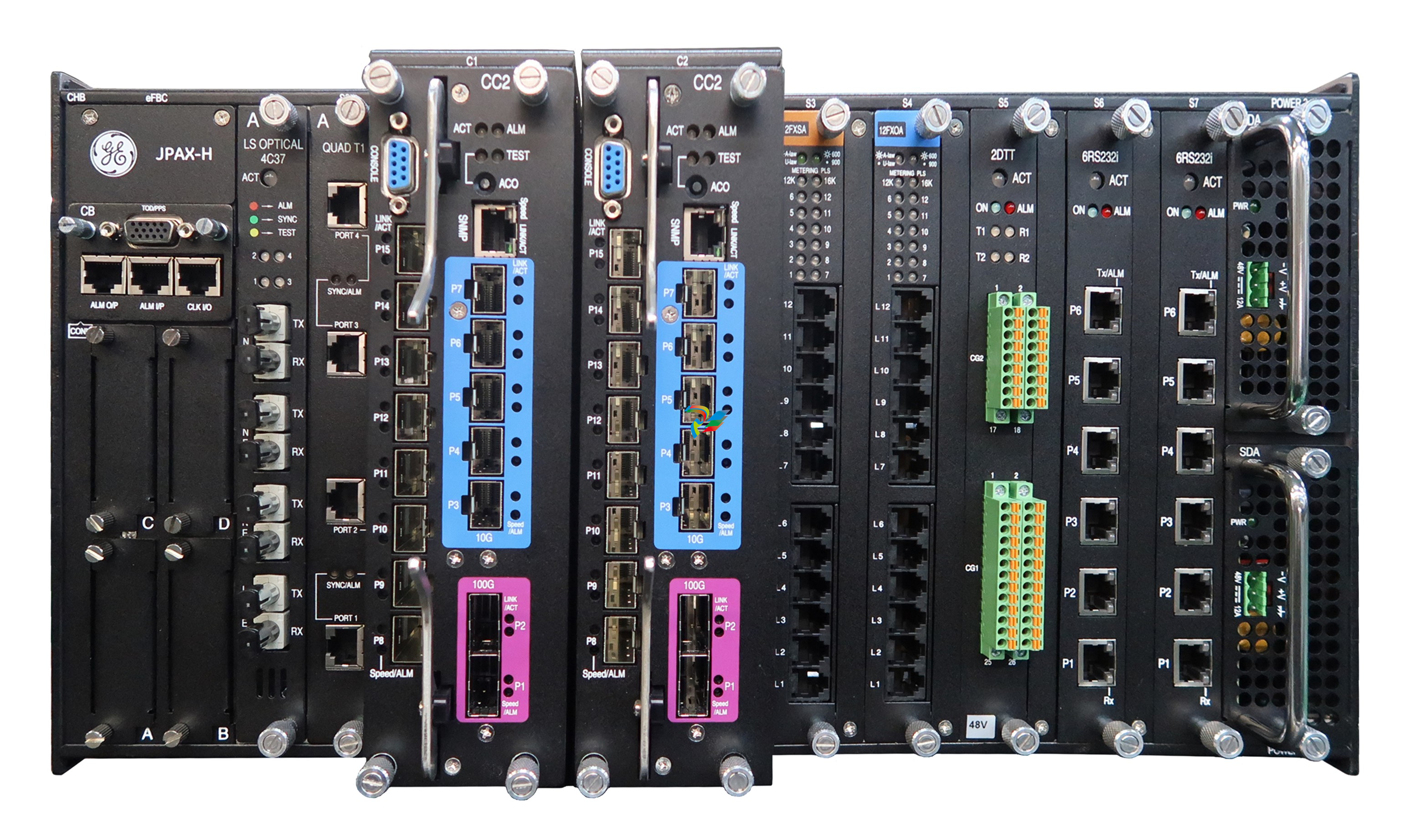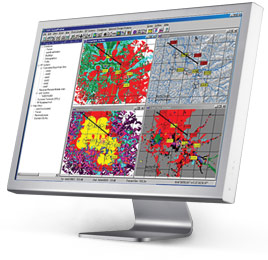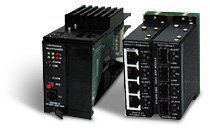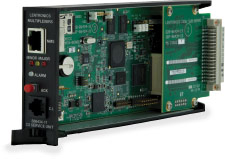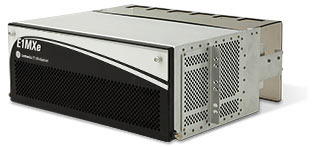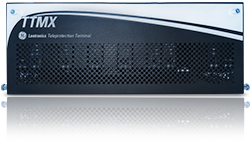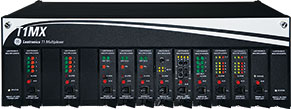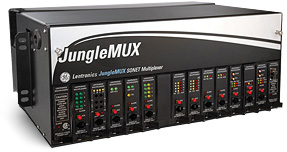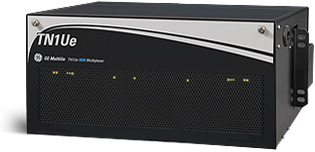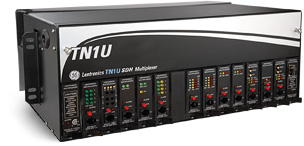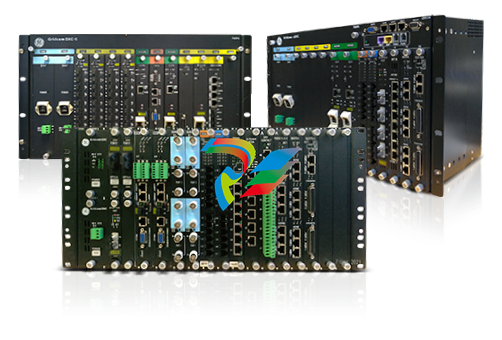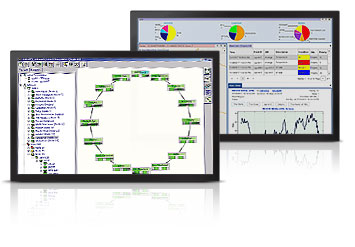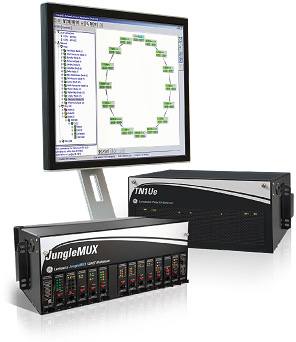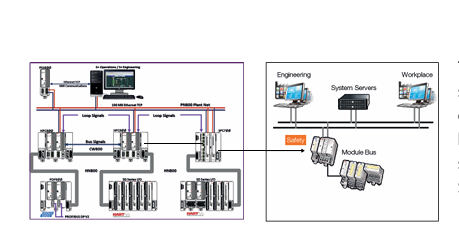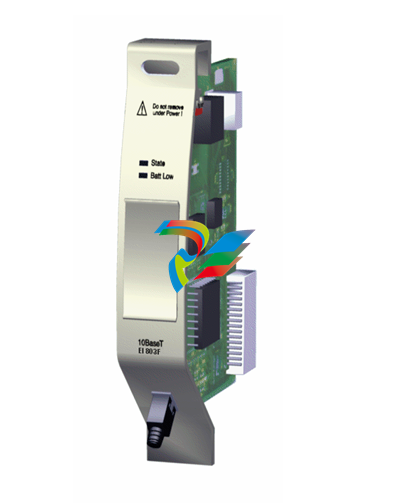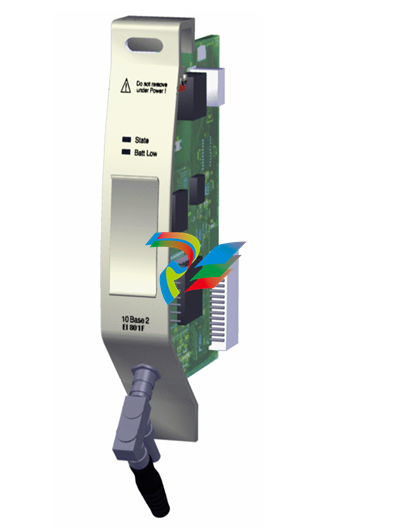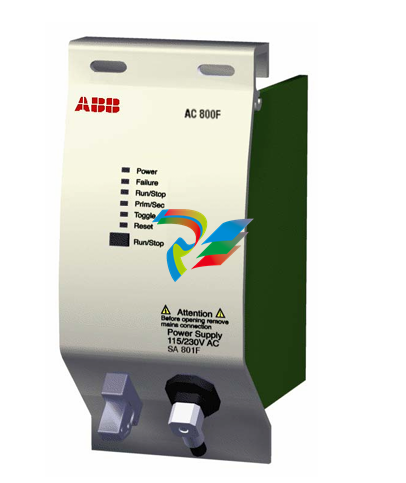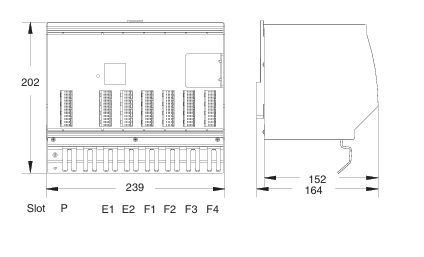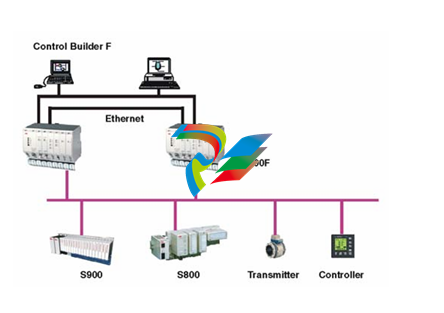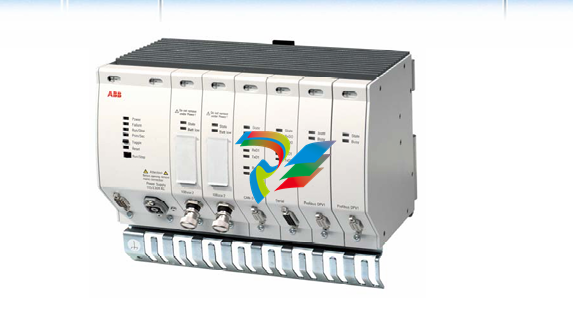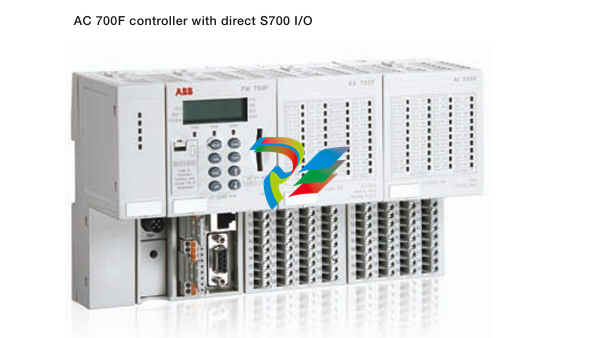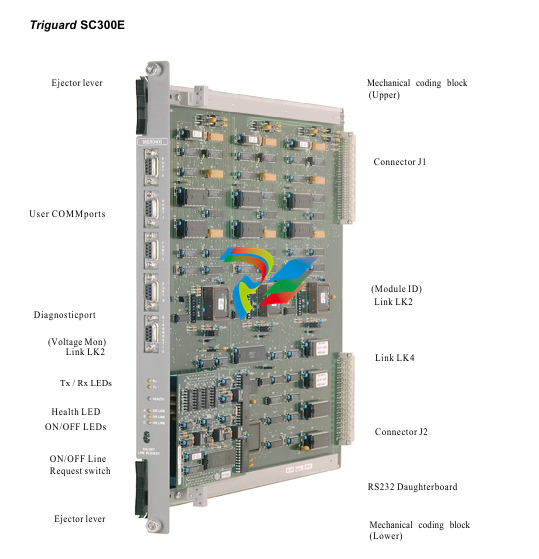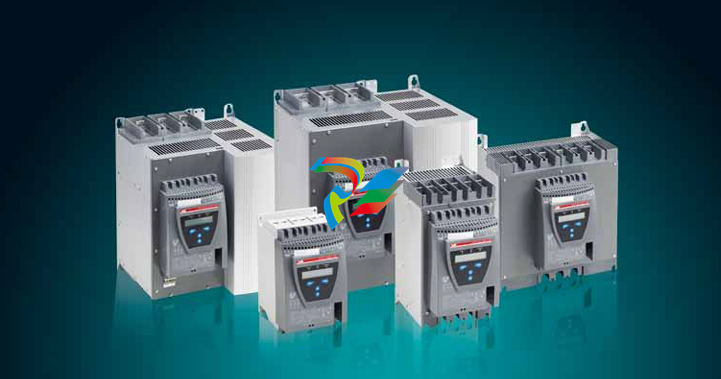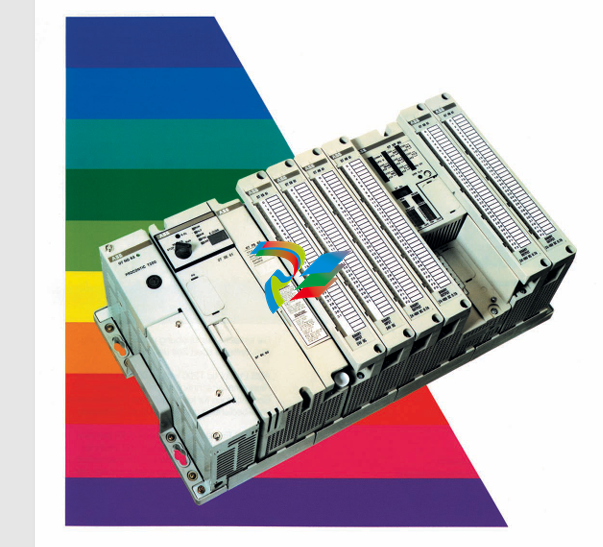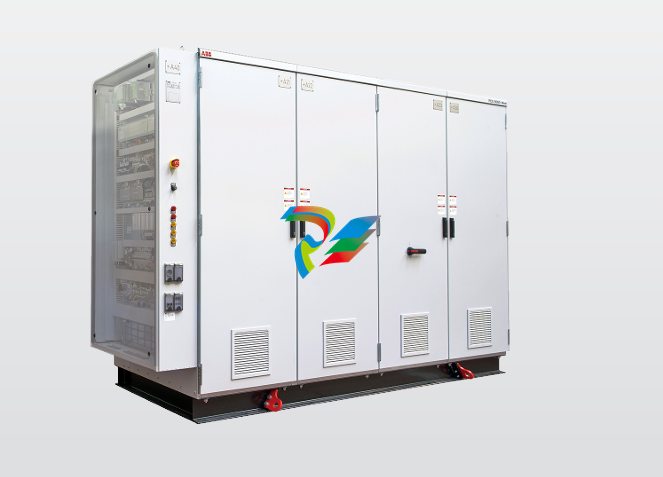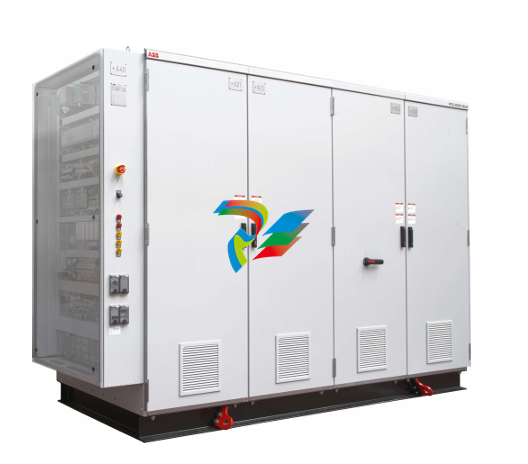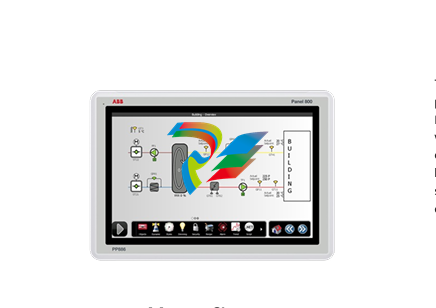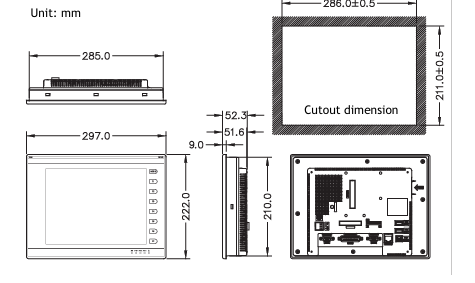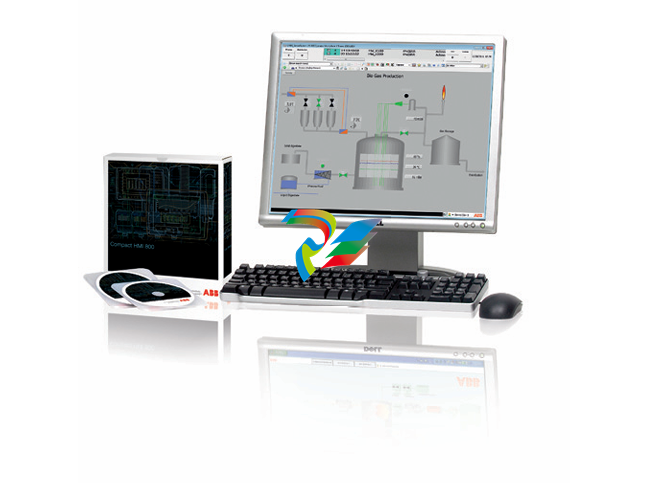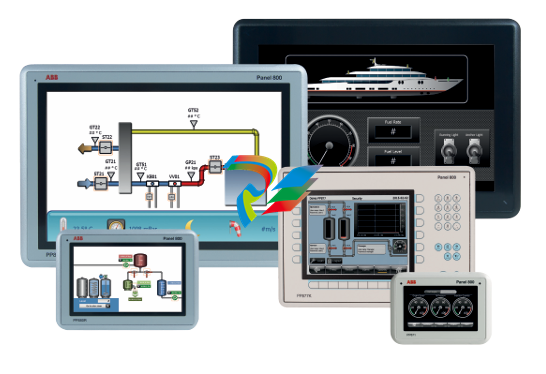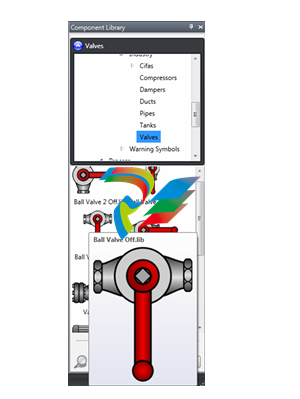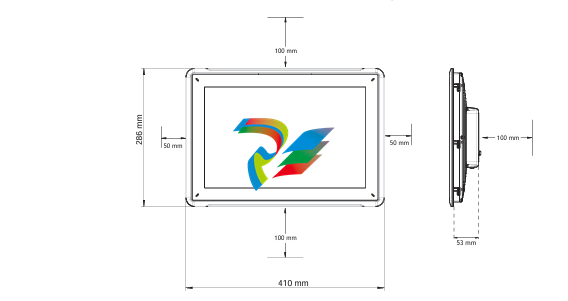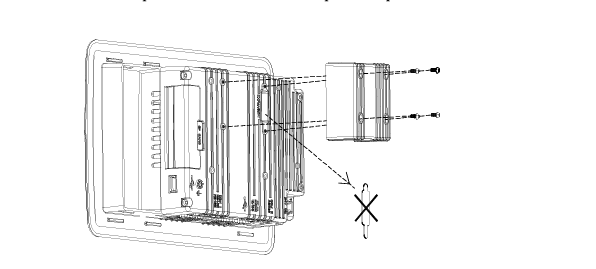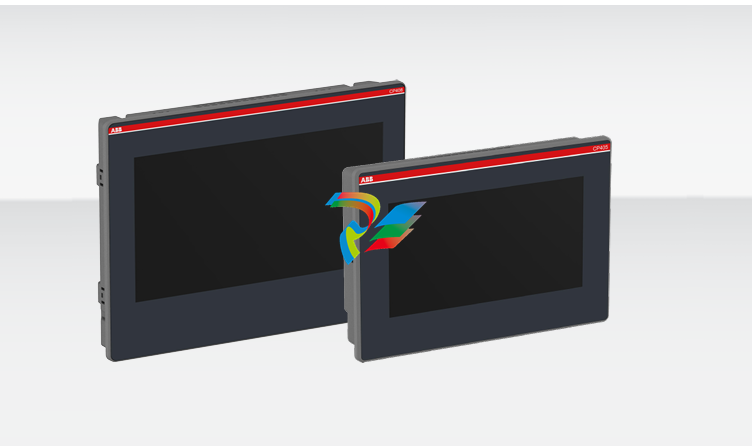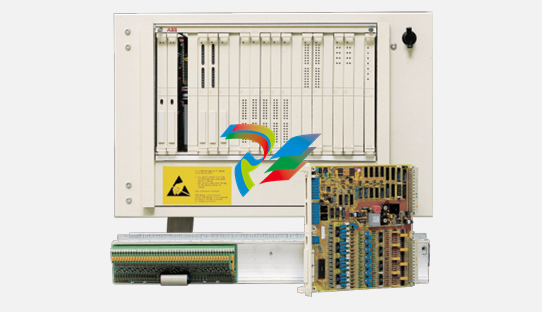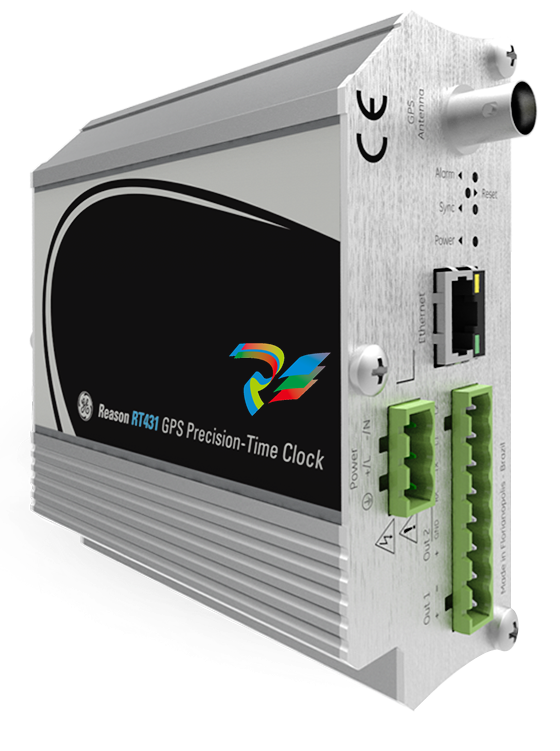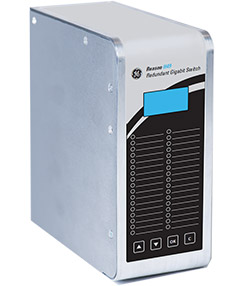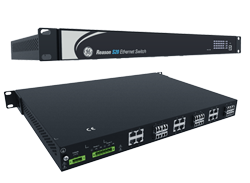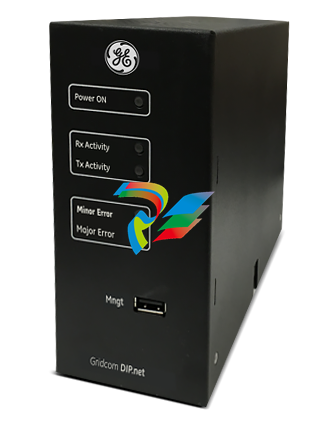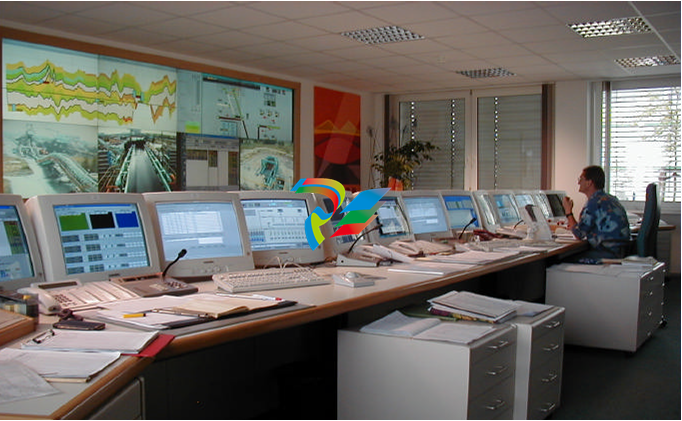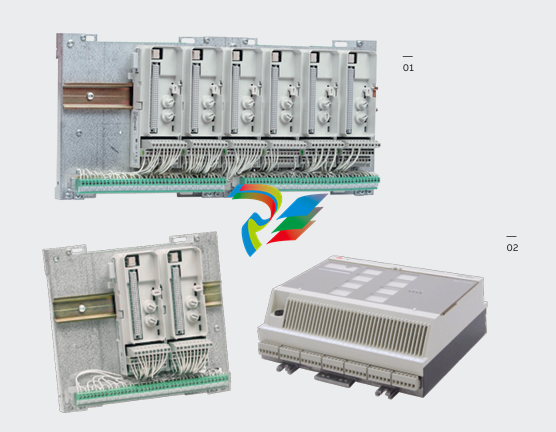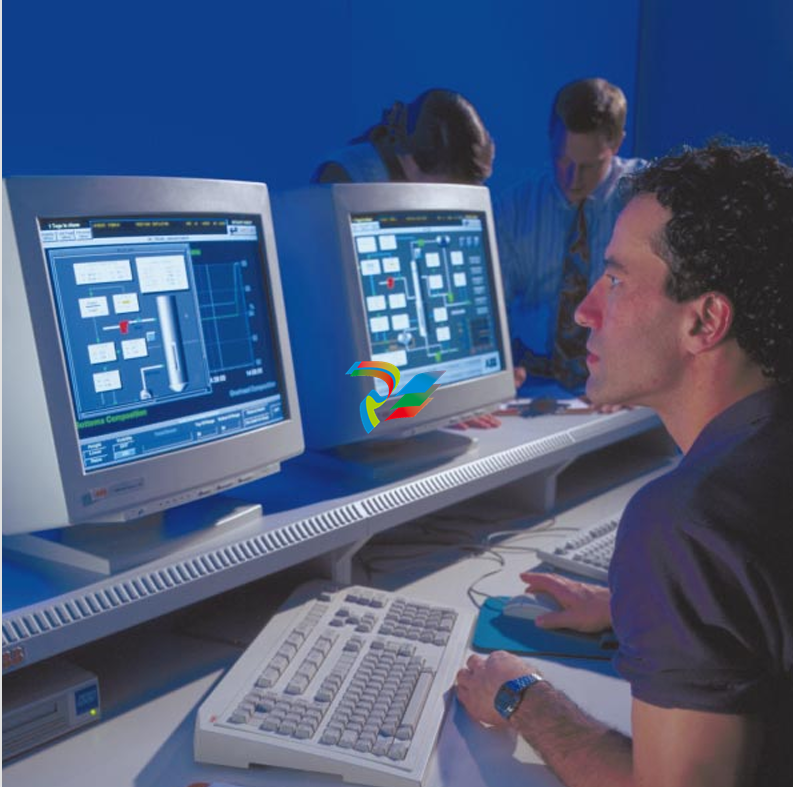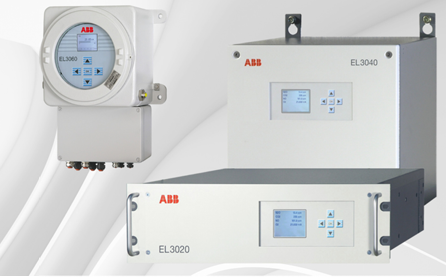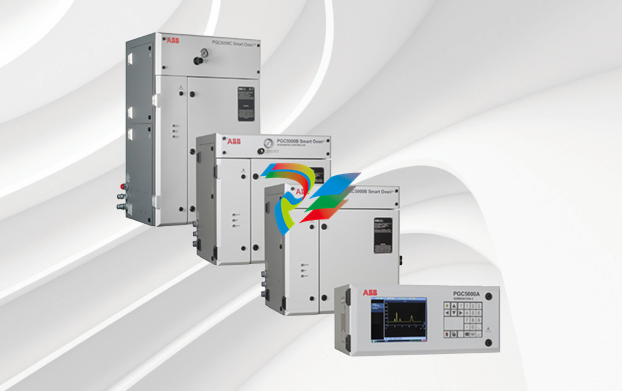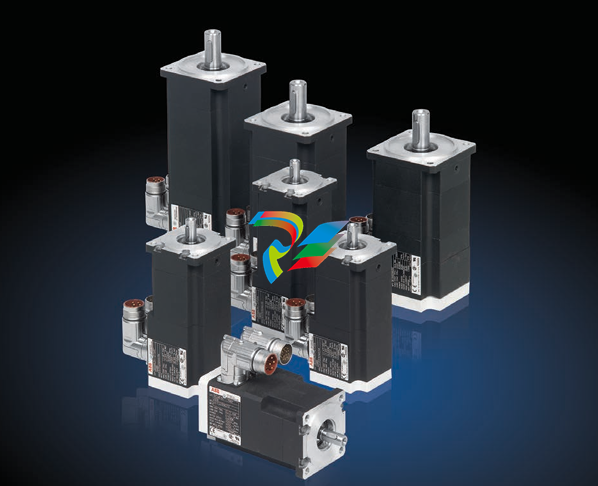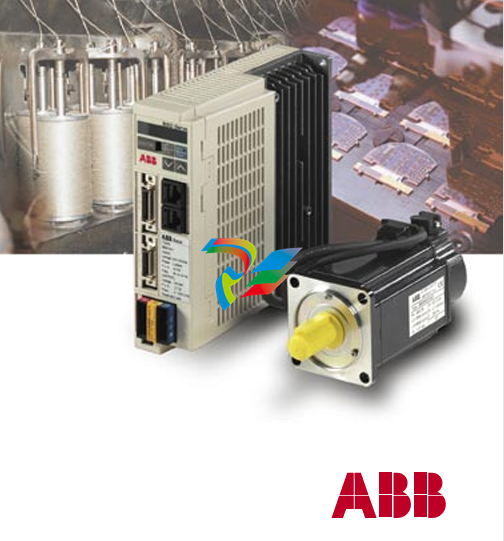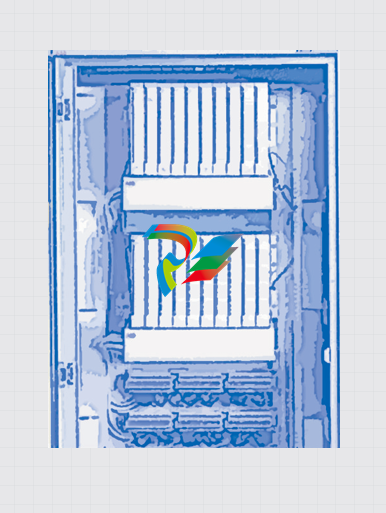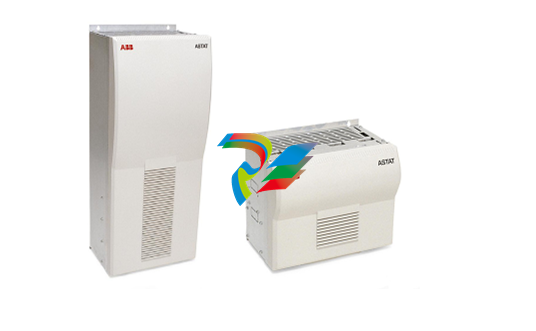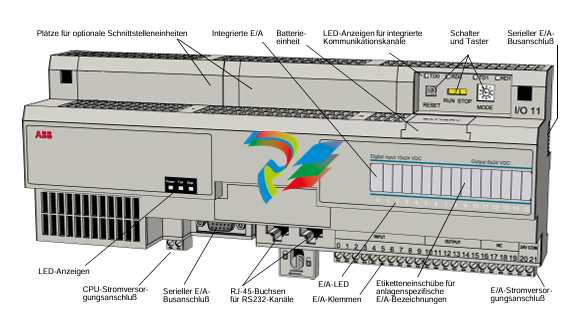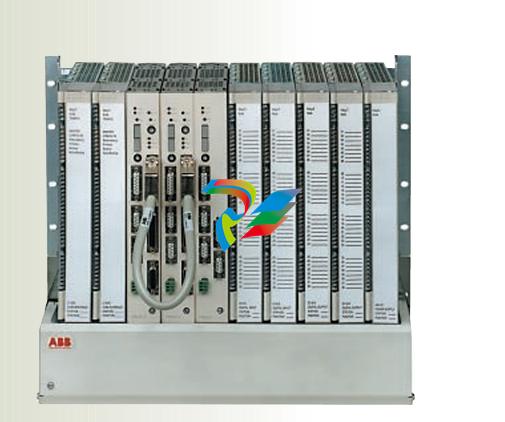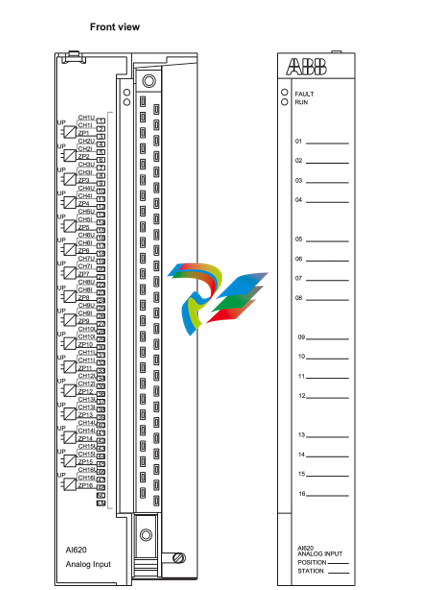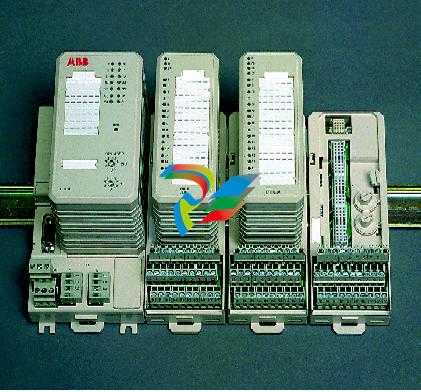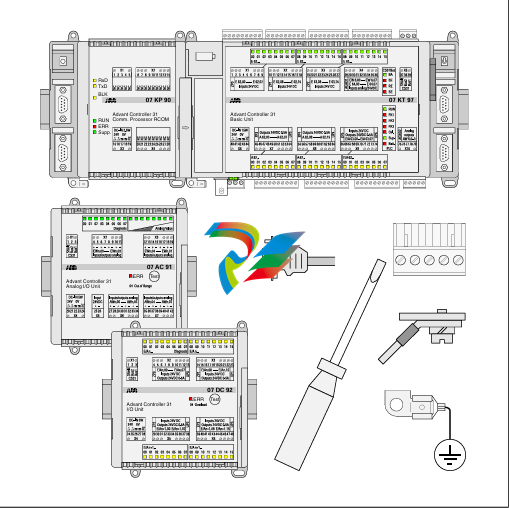
### Introduction to Panel Mount Filters Panel Mount Filters are essential components in electrical and electronic systems, designed to play a crucial role in maintaining signal integrity and reducing electromagnetic interference (EMI) and radio frequency interference (RFI). They are widely used in various industrial, commercial, and even some consumer applications where clean electrical signals are of great importance. ### Design and Construction These filters typically have a compact and sturdy design that enables them to be easily mounted onto panels, such as those in electrical enclosures, control cabinets, or equipment housings. The housing is usually made from durable materials like metal or high-quality engineering plastics. Metal housings offer excellent shielding properties, helping to contain and block external electromagnetic fields from interfering with the internal components and signals. Plastic housings, on the other hand, may be chosen for their lightweight, cost-effective nature and resistance to certain environmental factors like moisture and chemicals in some applications. Inside, panel mount filters consist of a combination of passive components. Capacitors, inductors, and resistors are commonly used elements. Capacitors are often employed to shunt high-frequency noise to ground, effectively bypassing it and preventing it from traveling along the electrical lines. Inductors, with their property of opposing changes in current flow, act as choke coils to impede the flow of high-frequency interference signals. Resistors may be used in some configurations to help adjust the impedance of the filter and optimize its performance for specific frequency ranges.

The connection terminals of panel mount filters are carefully designed to ensure reliable electrical connections when mounted on the panel. They usually have screw terminals, spring-loaded terminals, or other types of connectors that allow for easy attachment to the incoming and outgoing electrical wires or circuit boards. ### Functional Capabilities The main function of panel mount filters is to suppress EMI and RFI. In electrical systems where multiple electrical components and circuits coexist, there is a high potential for electromagnetic emissions from one component to interfere with the operation of another. For example, in an industrial control panel with numerous sensors, actuators, and control boards, the electromagnetic noise generated by motors or switching power supplies can disrupt the sensitive signals of microcontroller-based systems. Panel mount filters placed strategically on the input and output lines of these components can effectively filter out such unwanted interference, allowing the clean signals to pass through and ensuring the proper functioning of the overall system. They can also improve the power quality by reducing harmonic distortion. In power distribution systems, nonlinear loads like variable frequency drives and electronic ballasts can introduce harmonic currents into the electrical supply. Panel mount filters can attenuate these harmonic components, resulting in a cleaner power waveform and reducing the negative impact on other connected electrical equipment. Moreover, some panel mount filters are designed with specific frequency response characteristics to target particular frequency bands. This enables them to be customized for different applications. For instance, in a communication system that operates within a specific radio frequency range, a filter can be selected or adjusted to allow only the desired frequencies to pass while blocking out-of-band interference. ### Application Areas In industrial automation, panel mount filters are extensively used in control panels for manufacturing plants, where they protect sensitive automation and control equipment such as Programmable Logic Controllers (PLCs), Human-Machine Interfaces (HMIs), and servo drives from EMI and RFI. This helps maintain the accuracy of control signals and prevents errors in the production process. In the medical field, they are crucial in medical equipment like MRI machines, patient monitors, and diagnostic devices. These devices require extremely clean electrical signals to ensure accurate readings and safe operation. Panel mount filters help to eliminate any external electromagnetic interference that could affect the performance of these life-critical medical instruments. In the telecommunications industry, they are applied in base stations, routers, and other communication equipment to enhance signal quality and prevent interference between different channels or components within the system. In consumer electronics, they can be found in home theater systems, audio equipment, and computer peripherals. For example, in a high-fidelity audio amplifier, panel mount filters on the power supply lines can reduce noise and improve the sound quality by ensuring that only the audio signals are amplified without any added interference.
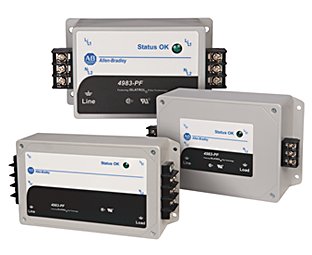
### Advantages
One significant advantage of panel mount filters is their ability to enhance the reliability and performance of electrical and electronic systems. By effectively reducing EMI and RFI, they minimize the risk of malfunctions, data errors, and unexpected shutdowns. Their compact panel-mounted design makes them easy to integrate into existing systems without taking up excessive space.
The flexibility in frequency response and component configuration allows them to be tailored to meet the specific needs of different applications. Additionally, their relatively simple installation process, thanks to the standard panel mounting methods and connection terminals, means that they can be quickly added to systems during assembly or maintenance phases, saving time and effort.
In conclusion, Panel Mount Filters are vital elements in maintaining the quality of electrical signals and protecting the functionality of a wide range of electrical and electronic systems, with their unique design, functional capabilities, and broad application areas offering numerous benefits in various industries and settings.
| User name | Member Level | Quantity | Specification | Purchase Date |
|---|



